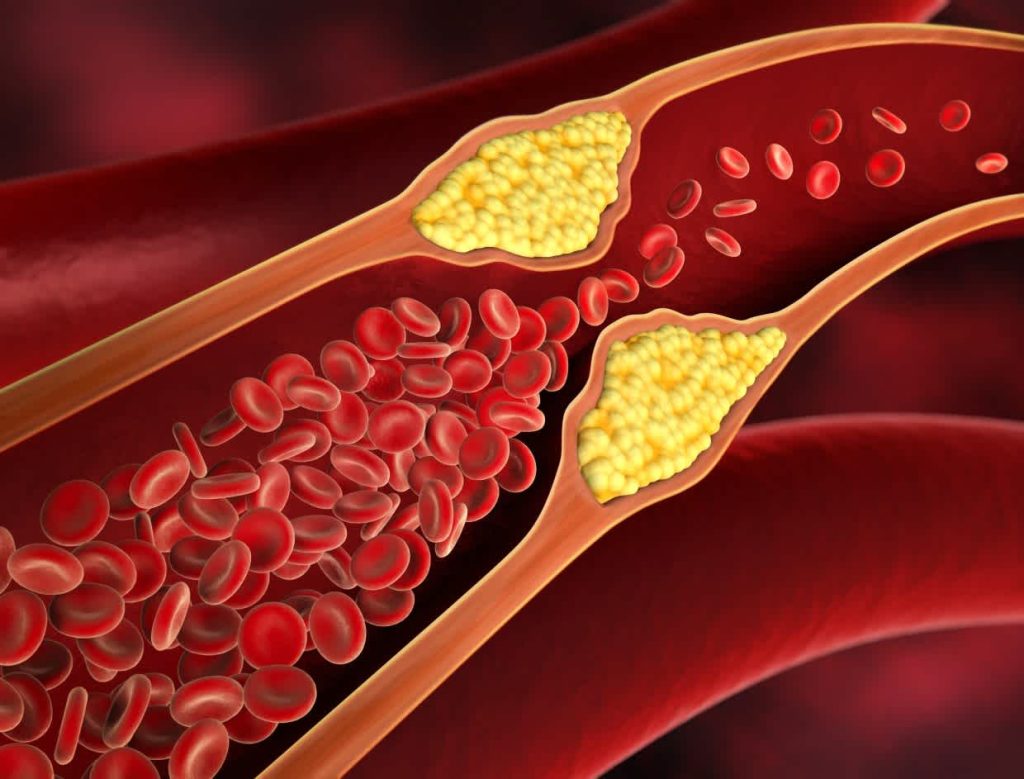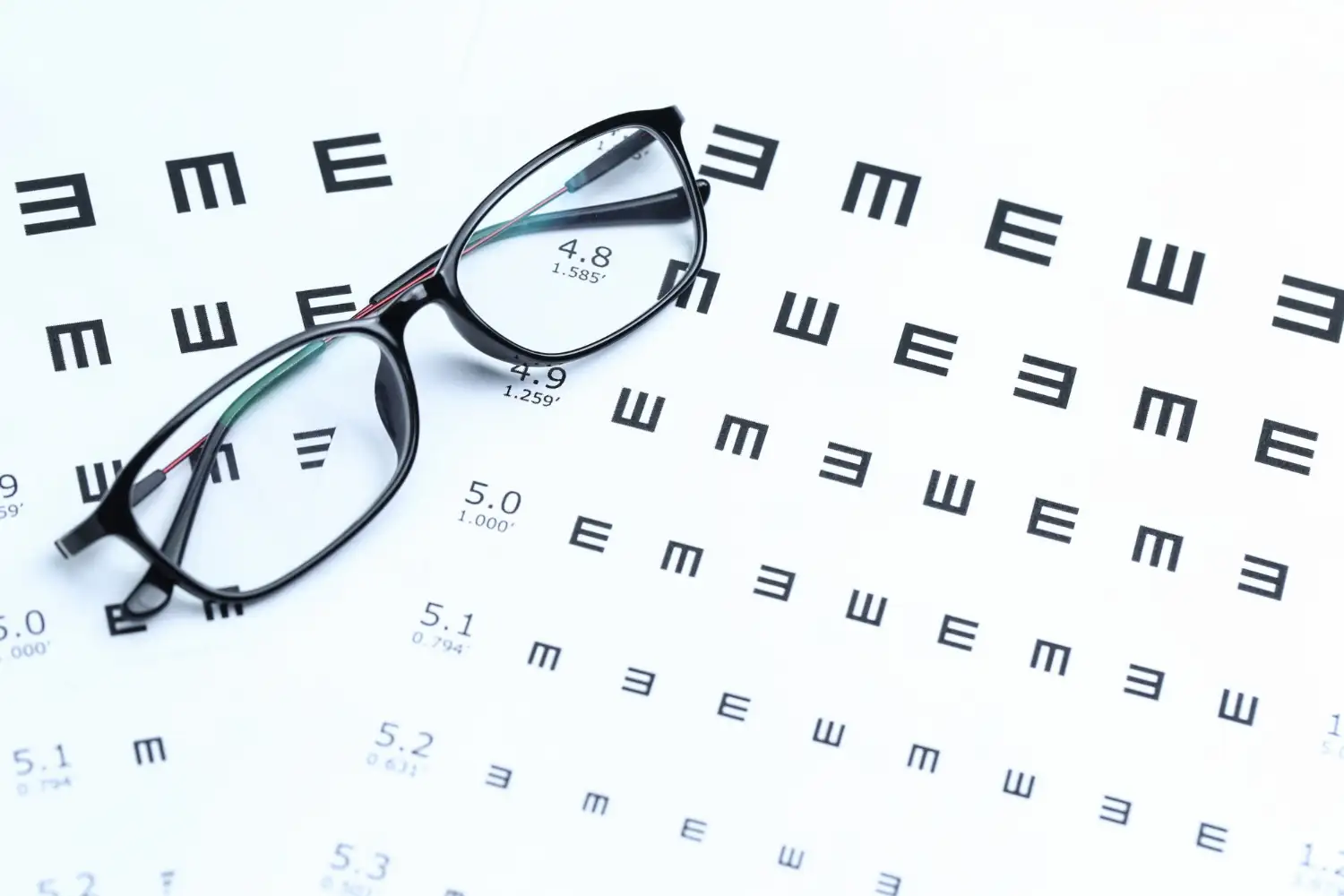High cholesterol, also known as hypercholesterolemia, is a common condition characterized by elevated levels of cholesterol in the blood. Left untreated, high cholesterol can lead to serious health complications. Understanding the symptoms, effects, and prevention strategies is crucial for maintaining heart health.
Symptoms
High cholesterol often does not cause noticeable symptoms, making it important to monitor cholesterol levels through regular blood tests. However, some individuals may experience symptoms such as:
- Chest pain or angina
- Yellowish deposits on the skin (xanthomas)
- Yellowish patches around the eyes (xanthelasma)
- Fatigue or weakness
- Shortness of breath
- Numbness or tingling in extremities
Effects
Untreated high cholesterol can have detrimental effects on cardiovascular health and overall well-being. Some of the potential consequences include:
- Atherosclerosis: High cholesterol can lead to the buildup of plaque in the arteries, narrowing them and increasing the risk of heart attack and stroke.
- Coronary artery disease: Narrowing of the coronary arteries due to plaque buildup can restrict blood flow to the heart, leading to chest pain (angina) or heart attack.
- Peripheral artery disease: Reduced blood flow to the limbs can cause pain, numbness, and impaired wound healing.
- Stroke: Atherosclerosis in the carotid arteries can lead to blockages or blood clots, increasing the risk of stroke.
- Pancreatitis: Elevated cholesterol levels may contribute to inflammation of the pancreas, leading to abdominal pain and digestive issues.

Prevention Tips:
Fortunately, high cholesterol is a manageable condition, and several lifestyle changes can help lower cholesterol levels and reduce the risk of complications. Consider the following prevention tips:
- Healthy Diet:
- Choose foods low in saturated and trans fats.
- Incorporate plenty of fruits, vegetables, whole grains, and lean proteins into your diet.
- Limit consumption of red meat, processed foods, and high-fat dairy products.
- Use heart-healthy fats such as olive oil, avocados, and nuts in moderation.
- Regular Exercise:
- Aim for at least 150 minutes of moderate-intensity aerobic exercise or 75 minutes of vigorous intensity exercise per week.
- Incorporate strength training exercises at least two days per week.
- Physical activity helps lower LDL (bad) cholesterol levels and raise HDL (good) cholesterol levels.
- Maintain a Healthy Weight:
- Achieve and maintain a healthy weight through a balanced diet and regular exercise.
- Losing excess weight can help improve cholesterol levels and reduce the risk of cardiovascular disease.
- Quit Smoking:
- Smoking contributes to the narrowing and hardening of arteries, increasing the risk of atherosclerosis and heart disease.
- Seek support from healthcare professionals or smoking cessation programs to quit smoking.
- Limit Alcohol Consumption:
- Limit alcohol intake to moderate levels (up to one drink per day for women and up to two drinks per day for men).
- Excessive alcohol consumption can raise triglyceride levels and contribute to high cholesterol.


